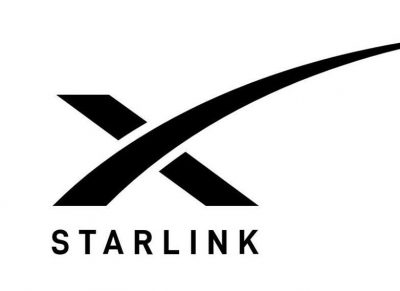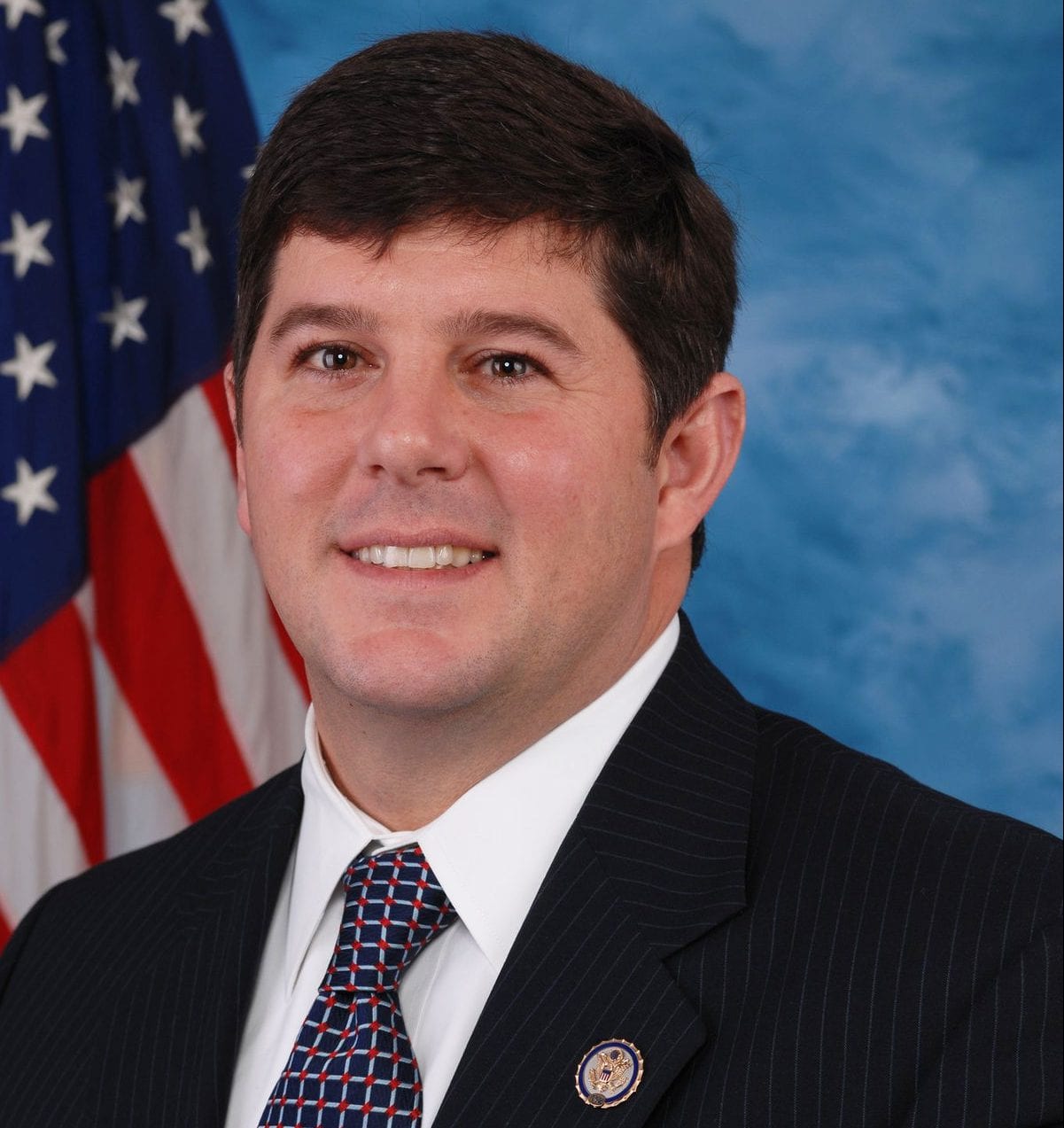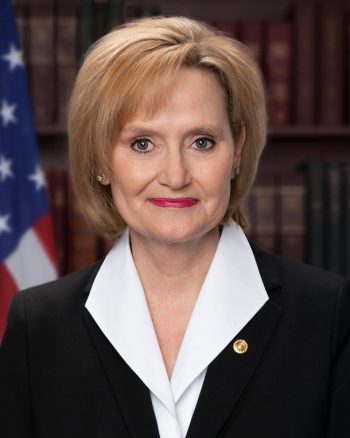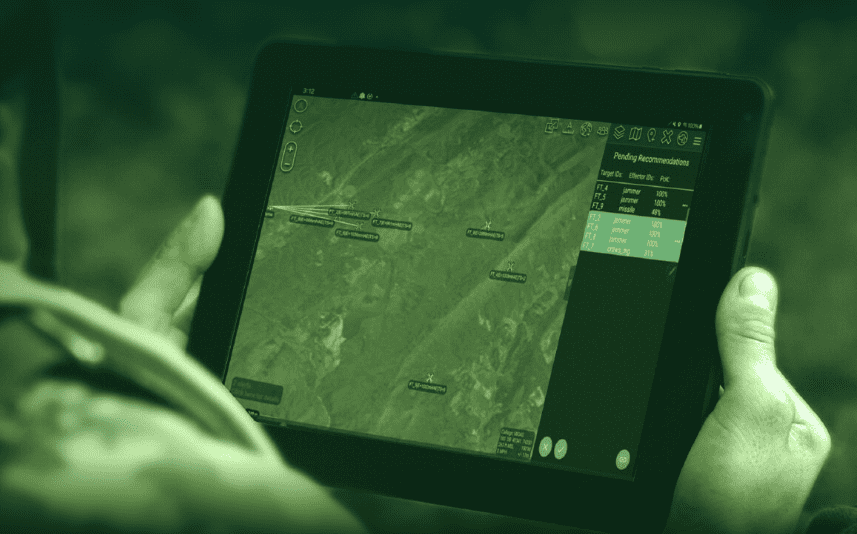
On paper, Elon Musk’s Starlink venture, an offshoot of SpaceX, appears to have the advantage over other internet providers. The company can launch their own satellites, it has billions of dollars to invest in new technologies, and their product is winning hearts and minds around the world. Add in the recent announcement by the FCC awarding $9.2 billion in funding to help companies provide broadband and reliable internet across America, and these times point to a boon for Musk’s internet service.

Musk’s total draw from the FCC award is nearly $886 million – just under 10% of the total amount awarded SpaceX is assigned roughly 640,000 locations to serve, or 12% of the total service locations the FCC is seeking to provide internet connectivity to with these funds.
To put that in comparison, the entire state of Mississippi’s award was just under $496 million, second only to California. Those funds will go to service nearly 219,000 locations in the state.
Musk has approval from the federal government for Starlink to operate 12,000 satellites, and is currently getting outstanding results on their product on a beta test in the northern U.S. with speeds of 50-150Mbps and latency at 20-40ms. Their ability to use satellites without the substantial capital deployment costs for fiber connections may give some providers pause as they assess their operations long-term.
Of the $496 million Mississippi was awarded, SpaceX is one of the 12 awardees. Musk’s company accounts for $44 million, or 9%, of that total and has applied to serve just under 39,000 locations. That is an average of $1,128 per location. The other awardees combined project to serve locations at a cost more than double of SpaceX, $2,518 per location to be exact.
The other awardees were:
- ACT – $1.6 million for 925 locations
- Bay Springs Telephone Company – $41 million for 21,061 locations
- Commnet Wireless – $1 million for 1,343 locations
- Connect Everyone – $18.1 million for 4,256 locations
- NexTier Consortium – $45.2 million for 11,693 locations
- NRTC Phase 1 RDOF Consortium – $32.4 million for 14,222 locations
- Prospero Broadband Consortium – $42.4 million for 14,333 locations
- RDOF USA Consortium – $32.5 million for 15,341 locations
- Rural Electric Cooperative Consortium – $222.6 million for 89,505 locations
- Shenandoah Cable Television – $4 million for 1,622 locations
- Windstream Services – $12.6 million for 5,733 locations
The return on investment appears to be far greater with Starlink than with the other awardees when comparing the monetary awards and the assigned locations to serve. However, Northern Public Service Commissioner Brandon Presley says it is not an apples to apples comparison.

“SpaceX is not offering the same quality product. He (Musk) only wants the baseline speed requirement. He did not meet the speed requirement for gigabit speed,” Presley said. “While an argument can be for his proposal of low orbit satellites, and much of that is still yet to be deployed, they are not offering the same speed. All broadband is not created equal.”
Presley says SpaceX will have to meet the same service targets as the other FCC awardees. When customers are able to get the service from SpaceX, equipment will have to be installed at the service location that could run between $500 to $700. The Commissioner says that is not the case with the fiber cooperatives.
“If you’re able to get service from a rural electric cooperative, you’re getting a gigabit service and you don’t have any equipment costs like that,” Presley said. “In every place that SpaceX received money you can pretty much see that there was no fiber option offered. So without a fiber option offered, they were the all other game left in town.”

The map here provided by the FCC shows the areas the announced funds seek to serve. Presley says the areas in red are primarily those to be served by SpaceX, which as it says are areas where speeds will be above baseline but with low latency. Latency is the term used to describe any kind of delay that happens in data communications over a network.
“Fiber is the gold standard of broadband delivery. Period. Are there some possibilities for SpaceX out there? Certainly, but they’re in the beta testing phase in many places and there are so many unknowns as to when you’re going to get to critical mass on that,” Presley said. “I think we’re a long way from knowing those types of things. Our issue now in the state is do you take what you know as is the gold standard and get that delivered?”
Presley, a Democrat, said the FCC auction that awarded these funds was a true free market approach, and fiber projects “won out big time,” providing evidence in itself that fiber is the best option today. He says the Republican controlled FCC prioritized gigabit speeds and that is what resulted in the awards.
“I think that to me, from just a capitalistic, market-based approach, the auction itself created that market in which it said we are going to prioritize and incentivize getting up to a gigabit speed,” the Commissioner said. “You come in and agree to deliver that because that’s where Americans are going to be in 10 years as far as need, then you’re going to get the money. If you don’t do that, then you’re going to lose out.”
Presley said he would have loved to see every project be a fiber project. Yet, he is committed to work with all to expedite the process and get the dollars out the door to increase connectivity.
But as technology continues to develop at a rapid speed, SpaceX could be a real competitor in this arena. The question then becomes what happens to the cooperatives should the SpaceX technology surpass the abilities of the local providers and offers a better, cheaper, faster product that is more attractive to users.
“There are so many things in SpaceX’s development that are unknown. We do not know when the satellites will be put up,” Presley said. “What we know is the fiber projects being done by our co-ops is money that’s coming to Mississippi based organizations keeping every dollar in the State of Mississippi and delivering the gold standard of broadband service at the speed of light.”
If SpaceX does outpace the more traditional providers at some point, would the state or federal government bailout the local cooperatives? Presley could not answer that.
“I don’t know. That presupposes a lot of things. What if SpaceX fails? What if SpaceX doesn’t deliver? Does SpaceX get bailed out?” Presley asked. “One of the big things that’s been talked about in this is the government subsidization of this. But if everyone agrees we have a broadband digital divide, how do you fix it? Do you take the facts that you know, do you take the technologies that you know and move forward, and if you know those fiber to the home connections are the gold standard, do you move forward on that quickly?”
Presley said there has been an ongoing discussion of how long can we wait for other technologies to catch up but asks, “How long can we wait and be competitive?”
One thing is certain for Starlink/SpaceX and the other providers: these funds are committed and available now. Presley says each awardee must come before the Mississippi Public Service Commission to be designated as an eligible telecommunications carrier once they file their forms with the FCC in January. This will provide key state oversight and make them eligible to receive the funds through the FCC.
Presley said the awardees are required to have 40% of all of the locations served within three years and be complete by year six. The companies must be recertified by the PSC annually to ensure they are delivering as their plans indicate, with Commissioners acting “as the cop on the beat,” Presley said, to report the progress to the FCC. The funds will be audited and accounted for under close scrutiny.
“I want to, and I think Commissioner (Dane) Maxwell wants to, expedite the process but at the same time, our process of signing off on this is one in which we have appropriate consumer protections in place and protections that prevent waste, fraud and abuse to the funds,” Presley added.











